Paulo Coelho's Inspirations is a remarkable anthology that transcends the traditional boundaries of a mere collection of texts. Instead, it serves as a curated bouquet of literary gems, each selected with the intention of evoking profound reflections on life, love, and the human experience. Coelho, known for his philosophical musings and spiritual narratives, brings together a diverse array of voices that resonate across time and culture, making this anthology a treasure trove for readers seeking inspiration.
The blurb aptly describes the anthology as a "gift," and this sentiment permeates the entire collection. Coelho organizes the selected works into four elemental categories: Earth, Air, Fire, and Water. This thematic arrangement not only reflects the natural world but also symbolizes the multifaceted nature of human existence. Each section invites readers to explore different aspects of life, from the grounding wisdom of Earth to the ethereal thoughts of Air, the passionate intensity of Fire, and the fluidity of Water.
In the Earth section, Coelho presents writers such as Oscar Wilde and D.H. Lawrence, whose works delve into the complexities of human relationships and the intricacies of societal norms. Wilde's sharp wit and Lawrence's deep emotional insights provide a solid foundation for understanding the human condition. Coelho's selection here emphasizes the importance of grounding oneself in reality while also appreciating the beauty of our surroundings. The writings encourage readers to reflect on their own lives and the world they inhabit, making it a powerful starting point for the anthology.
Moving to the Air section, Coelho introduces figures like Nelson Mandela and Gabriel Garcia Marquez, whose contributions highlight themes of freedom, hope, and the power of the human spirit. Mandela's unwavering resolve in the face of adversity and Marquez's magical realism serve as reminders of the strength found in dreams and aspirations. This section is particularly impactful, as it inspires readers to rise above their circumstances and embrace the possibilities that lie ahead. Coelho's choice of these authors underscores the importance of vision and the transformative power of words.
The Fire section ignites passion and creativity, featuring the likes of Rumi and Mary Shelley. Rumi's poetry speaks to the heart, exploring love and spirituality in a way that transcends cultural boundaries. Shelley's groundbreaking work in science fiction challenges societal norms and invites readers to ponder the ethical implications of creation. This section is a celebration of the human spirit's capacity for innovation and emotional depth, encouraging readers to embrace their own passions and pursue their dreams with fervor.
Finally, the Water section brings together voices such as Hans Christian Andersen and Machiavelli, illustrating the fluidity of thought and the complexities of morality. Andersen's fairy tales, rich with symbolism and moral lessons, remind us of the importance of imagination and the lessons that can be gleaned from storytelling. In contrast, Machiavelli's pragmatic approach to power and politics challenges readers to confront the darker aspects of human nature. This juxtaposition invites contemplation on the dualities of existence, urging readers to navigate their own paths with wisdom and discernment.
Coelho's anthology is not just a collection of quotes or excerpts; it is a carefully crafted narrative that weaves together the threads of human experience. The selection of texts reflects his own sensitivities and philosophical inclinations, making it a deeply personal endeavor. Each piece resonates with Coelho's overarching themes of self-discovery, love, and the quest for meaning, inviting readers to embark on their own journeys of introspection.
What sets Inspirations apart from other anthologies is Coelho's ability to connect disparate voices through a common thread of humanity. While many anthologies may focus on a single theme or genre, Coelho's approach is holistic, encompassing a wide range of emotions and experiences. This makes the anthology accessible to a diverse audience, appealing to both seasoned readers and those new to literature.
In comparison to similar works by other authors, such as The Art of Happiness by the Dalai Lama or The Prophet by Kahlil Gibran, Coelho's Inspirations stands out for its eclectic mix of voices and its emphasis on the interconnectedness of human experiences. While Gibran's work is more poetic and philosophical, and the Dalai Lama's focuses on spiritual teachings, Coelho's anthology invites readers to explore a broader spectrum of literary expression, making it a unique addition to the genre.
Overall, Inspirations is a beautifully curated anthology that serves as a reminder of the power of literature to inspire, provoke thought, and foster connections. Coelho's selection of texts encourages readers to reflect on their own lives and the world around them, making it a valuable resource for anyone seeking motivation and insight. Whether you are a long-time fan of Coelho or a newcomer to his work, this anthology is sure to leave a lasting impact, inviting you to explore the depths of your own creativity and understanding.
In conclusion, Paulo Coelho's Inspirations is more than just a collection of literary works; it is a celebration of the human spirit and the myriad ways in which we can find meaning in our lives. With its thoughtful organization and diverse selection of authors, this anthology is a must-read for anyone looking to enrich their understanding of the world and their place within it.
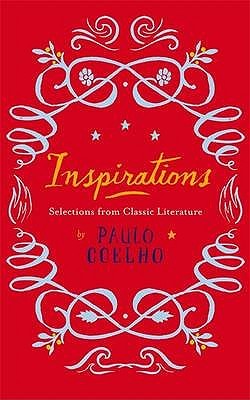



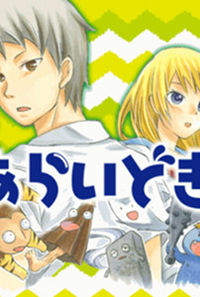

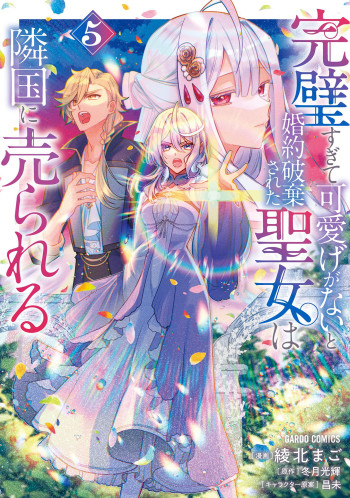
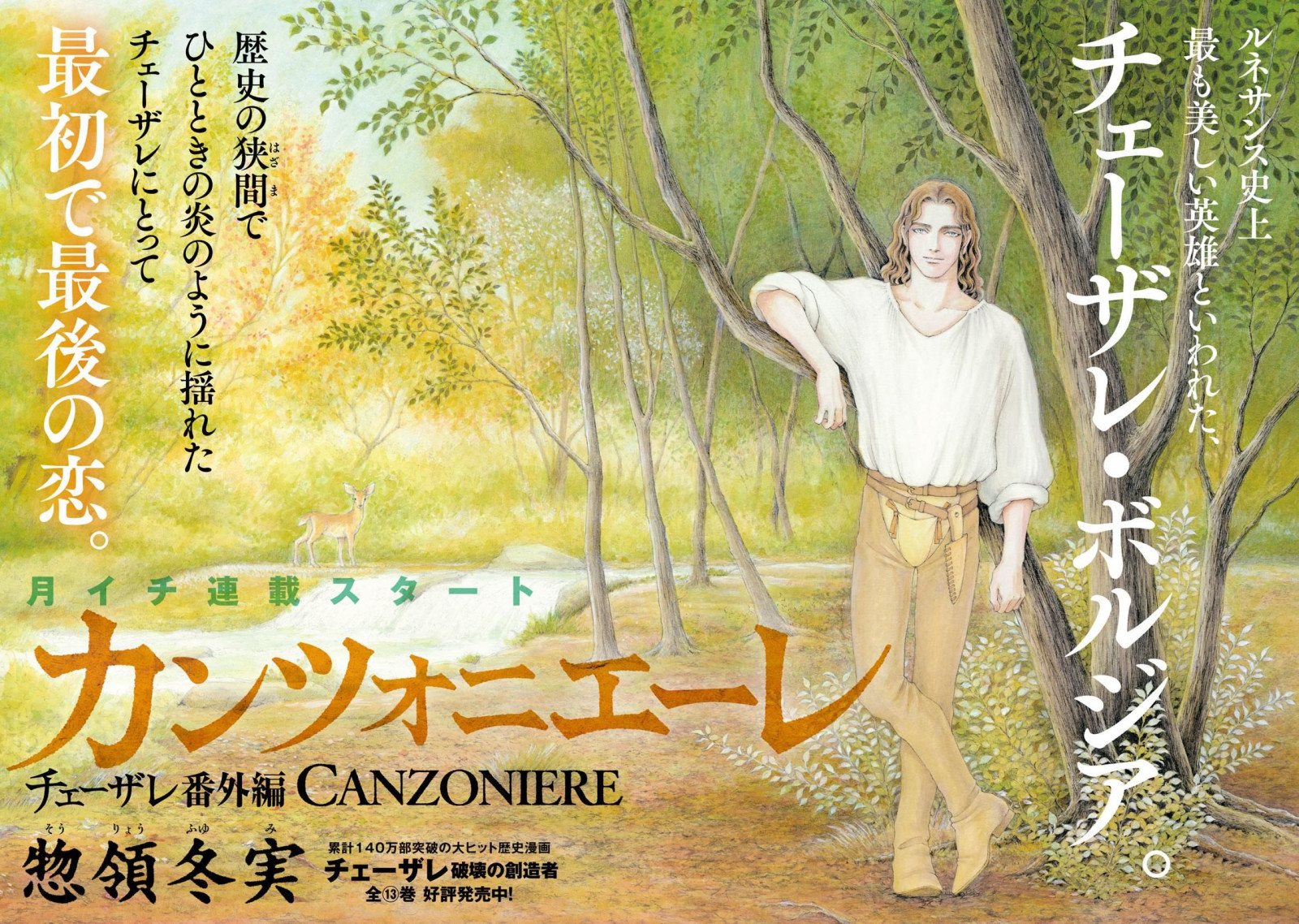




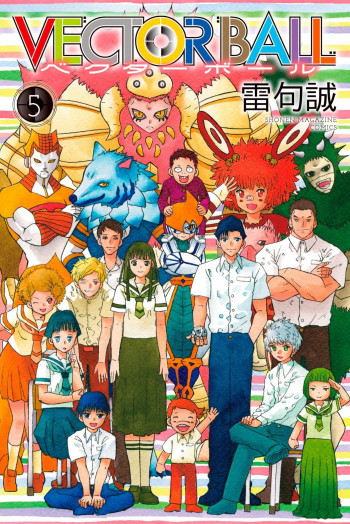











Reviews 0
Post a Reviews: